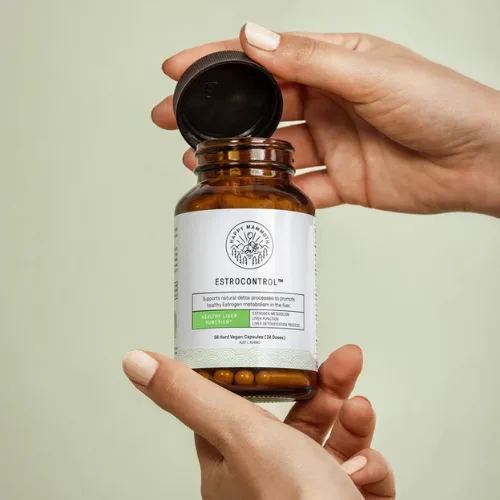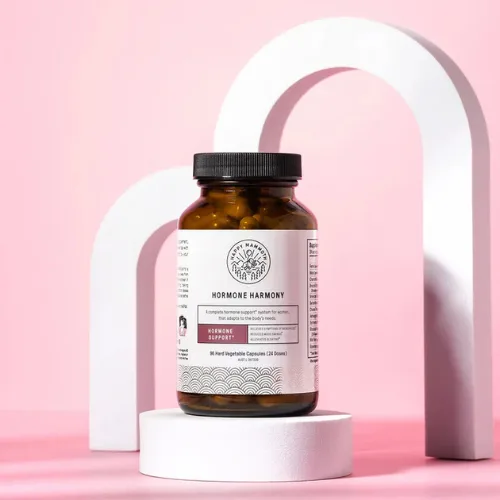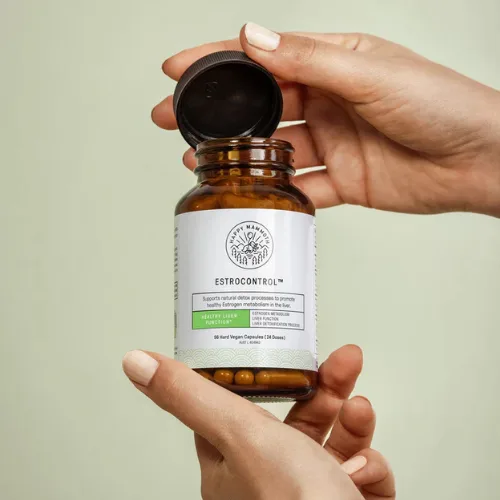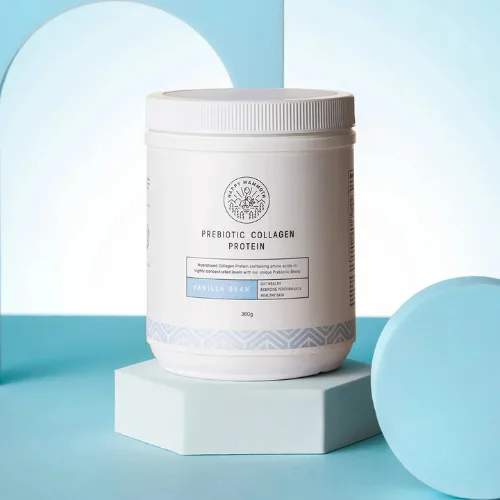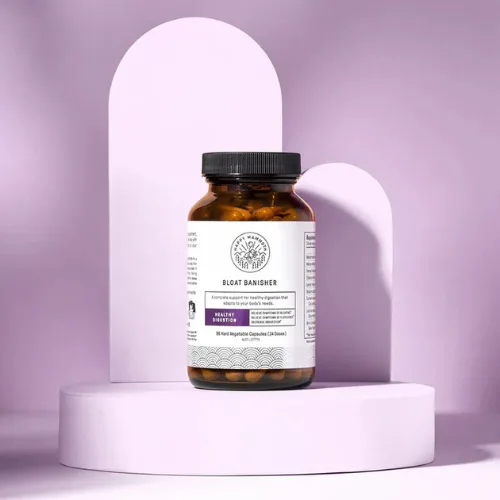Views: 55
Being a woman in your mid-to-late 30s is like starring in a film directed by someone with a deep love of chaos, abrupt scene changes, and absolutely no interest in linear storytelling. Sure, you’ve made it out of your 20s, and there’s gratitude in that—but weren’t your 30s supposed to be the era of stability?
Instead, the only constant seems to be change. Some friends are having babies, others are actively not. Some are caring for ageing parents. One’s quitting her job, another is moving to Portugal, and then there’s that friend—the one who casually mentions something her doctor said, and suddenly you’re deep in a 2 a.m. spiral Googling, “What is Perimenopause?”
The wild part? No one really prepared us for this. Growing up, menopause was something your mum whispered about with her friends. It felt distant. Abstract. Something you might—just might—start thinking about in your 40s or 50s.
But now? It’s in the group chat and showing up on our FYPs. So naturally, we’re curious: what is perimenopause, what do we need to know about it, and how can we set ourselves up for success?
So, What Exactly Is Perimenopause?
Think of perimenopause as the pre-party to menopause—except the DJ kind of sucks, and you’re a bit sweatier than expected. Okay, fine, that might be a little dramatic. But like menopause, perimenopause doesn’t follow a script—and no two women experience it the same way. Some barely notice it. Others? They’re experiencing mood swings, irregular periods, and night sweats.
According to the Australian Menopause Society, perimenopause is defined by hormonal shifts—mostly a gradual drop in estrogen—that occur in the years leading up to menopause. Often called the “menopause transition,” it usually begins in your 40s, but it can start earlier or later, lasting anywhere from a few months to several years.
The Royal Women’s Hospital adds that as ovarian function starts to decline, the changes can show up physically and emotionally: such as irregular periods and fluctuating hormone levels.
And here’s the kicker: there’s no single test that officially labels you as “perimenopausal.” As the Mayo Clinic explains, doctors take into account a cocktail of factors—age, period history, and symptoms you might be experiencing. So, it’s worth having a conversation with your GP who can offer support tailored to your individual circumstances.
What Can It Feel Like?
According to the Australian Menopause Society, Perimenopausal symptoms are caused by a mix of both estrogen excess and estrogen deficiency, which can lead to a wide range of physical and emotional changes.
While there’s not a one-size-fits-all checklist, many women do experience similar symptoms during this time. But to demystify things a little, symptoms like irregular periods, hot flashes, night sweats, mood swings and fatigue can be common.
Here’s a breakdown of some of the most common symptoms:
- Breast tenderness
- Hot flushes and night sweats
- Sleep disturbances
- Headaches or migraines
- Heavy, lighter or irregular periods
- Mood swings and increased irritability
- Fatigue
- Low libido and vaginal dryness
- Joint pain and muscle aches
As The Daisy Network, a UK-based charity supporting women with Premature Ovarian Insufficiency (POI), explains, during this time, symptoms that may have previously seemed unrelated—like irregular cycles or sudden hot flashes—start to make sense when viewed through the lens of these hormonal changes.
And just in case you were wondering if this is “all in your head”—it’s not. According to Jean Hailes for Women’s Health, emotional and mood changes, including brain fog, forgetfulness, and increased anxiety or depression, are a very real part of the hormonal shifts happening during this time.
What Can We Do About It?
Our generation is used to talking about everything—from egg freezing to antidepressants—so why should perimenopause be any different? If anything, an increased curiosity and awareness is both valid and helpful. Knowing the signs puts us in the driver’s seat and could mean the difference between managing your symptoms—or mistaking them for burnout, anxiety, or something you think you just need to “push through.”
The good news? While we can’t stop perimenopause from happening, there’s a lot we can do to make the ride less bumpy.
Nicole Comley, clinical nutritionist and expert at Happy Mammoth—a company focused on natural, personalised solutions for women’s health—says it’s all about taking charge of what is within your control. No, you can’t sweet-talk your ovaries—but you can build daily habits that help you feel your best.
Below, Nicole shares her top tips and practical habits to support your wellbeing during perimenopause, covering everything from sleep to supplements.
- Prioritise Quality Sleep: Restorative sleep is key to supporting your body’s natural repair and hormone regulation. Create a calming bedtime ritual with dim lights, minimal screens, and a cool, dark room to help smooth out energy dips and mood swings.
- Focus On Balanced, Consistent Meals: Keep your energy steady by planning meals with a good mix of protein, healthy fats, and complex carbs. This supports stable blood sugar and provides essential nutrients your body craves during hormonal shifts. (And no, coffee doesn’t count as a meal!)
- Support Your Nervous System: Stress messes with hormones. Daily calming practices like mindfulness meditation, deep breathing, or a quick nature walk help keep cortisol in check. Start small—just 5 minutes a day can make a difference.
- Switch Up Your Workout Routine: Building muscle isn’t just for the gym buffs—strength training boosts bone density and metabolism, helping to stabilize energy and keep you feeling strong through hormonal changes.
- Lean On Your Support Network: Connect with friends, family, or community groups to share experiences and get emotional support. You’re definitely not alone in this journey, and having a tribe makes a huge difference.
- Talk To Your Doctor: It’s always worth checking in with your health care provider about running blood tests for key nutrients like calcium, vitamin D, and magnesium. Fixing any deficiencies with whole foods can really help ease symptoms during perimenopause.
While perimenopause can feel like an unwelcome surprise, understanding what’s happening, seeking support, and taking proactive steps can make all the difference.
ELLE’s Happy Mammoth Edit
We’ve taken a look at the Happy Mammoth range of women’s-specific supplements and here are four worth considering, including Happy Mammoth’s Hormone Harmony and Happy Mammoth’s Prebiotic Collagen Protein.
Of course, remember to consult with your healthcare professional to determine the most suitable solutions for your individual needs, especially if you have underlying health conditions. And always read the label and follow the directions for use.
The post Wore Gladiator Heels And Had A Hotmail Account? You’re Probably Curious About Perimenopause appeared first on ELLE.
